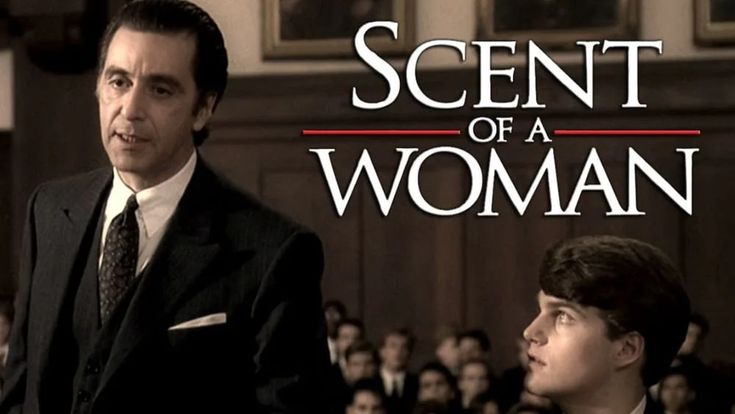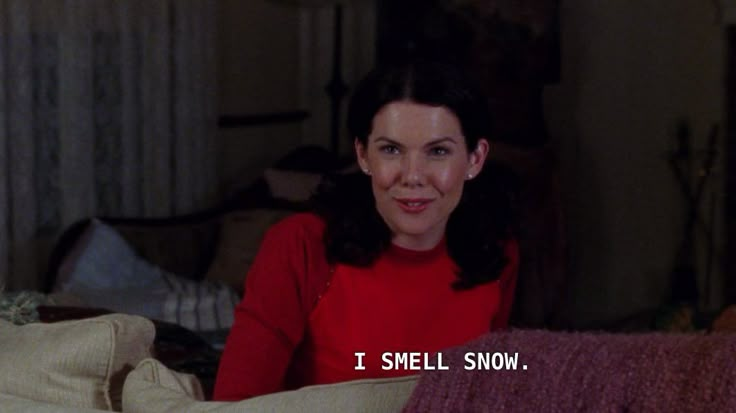Have you ever thought that when you watch a romantic comedy, you can not only hear the whispers of the characters, but also see the scenes filled with the aroma of coffee, and you can really smell the sweet smell of coffee? Technology is quietly making this fantasy possible. Imagine that if the film not only narrates with images and sounds, but also "smells" the plot, the movie-watching experience will be completely subverted.
At first glance, the concept of "smell subtitles" sounds like a bridge in science fiction, but its prototype is gradually taking shape in laboratories and technology companies. The basic principle is not complicated: through the micro-odor releaser, the specific fragrance is released synchronously with the key pictures in the film, and at the same time, the scene content is analyzed by artificial intelligence to accurately match the odor with the plot mood. The sweet floral fragrance may correspond to romantic scenes, while the wet earthy smell presents the forest or the trail after rain in the adventure film. Scientists even imagined that the audience could feel the psychological intensity and nervous rhythm of the role by using the change of the shade of smell.

The charm of this technology lies not only in "smelling movies", but also in the fact that it may reshape the habit of watching movies. In the past, people's sensory experience was mostly limited to sight and hearing, but smell is a kind of sensory that can easily evoke memories and emotions. Memory research shows that a familiar smell can instantly bring people back to the scene many years ago. Imagine that when the smell and the plot in the movie appear simultaneously, your emotions will be more three-dimensional and profound-tears, laughter and even heartbeat may be quietly pulled by the smell.

However, it is not easy to bring the smell into the cinema. On the technical level, accurate control, rapid diffusion and timely dissipation of odor are key difficulties; On the experience level, the difference of olfactory sensitivity of different audiences, and even the smell may cause allergies, must also be considered. More interestingly, how to make every audience feel the personalized smell without disturbing others? Some startups have proposed wearable odor devices, or loaded the odor in the micro-sprinkler behind the seat, trying to make "odor subtitles" commercially feasible.
In creative expression, odor subtitles may also break the boundaries of traditional film and television language. Directors can use smells to construct narrative rhythm, screenwriters can tailor their own "smell labels" for roles, and there may even be a special smell screenwriter position-this sounds bizarre, but it is not impossible. Film is no longer just a solo of eyes and ears, but a multi-sensory symphony.

Imagine the cinema in the future: you put on a smell aid and watch an adventure film. When the protagonist walks through the rainforest, you smell the smell of soil mixed with grass; When the love story heats up, you smell the faint fragrance of cherry blossoms. The pictures, music and smells of the film are intertwined, and every breath becomes a part of the plot. Smell subtitles not only make the movie more vivid, but also let us redefine the "immersion".
Maybe in the near future, the sign at the entrance of the cinema is no longer just "Please turn off your mobile phone", but "Prepare your sense of smell". Smell subtitles, a seemingly niche new technology, are making the movie world move towards an unprecedented three-dimensional sense, and also make us realize that the boundaries of watching movies are far wider than we thought.




